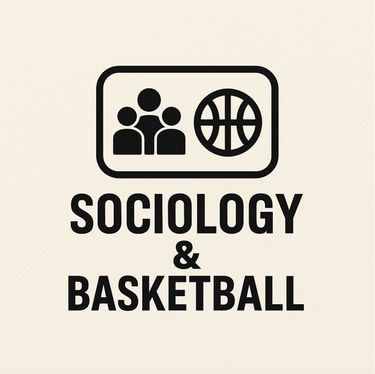Rational Choice Theory
Jad A.
6/8/20241 min read
Rational Choice Theory is based on the idea that people make decisions by carefully thinking about the pros and cons of each option. It assumes that individuals act logically, using the information they have to make choices that benefit them the most while avoiding losses. Basically, it’s the belief that people always try to do what makes the most sense for themselves. This theory comes from both sociology and economics and is used to explain why people behave the way they do. It applies to everyday situations, like deciding what to eat or what college to attend, as well as more complicated situations that involve bigger risks or rewards.
Rational Choice Theory is used in a lot of different fields, such as economics, criminology, sociology, and political science. For example, it can help explain why people choose to stay in or leave relationships, how consumers decide what to buy, or why investors put their money in certain places. In politics, it’s used to understand voting patterns and how people decide which candidate to support. Even in criminal behavior, it suggests that potential offenders weigh the chances of getting caught against the possible rewards of committing a crime. The main idea is that people think about outcomes before acting, trying to make the best possible decision for themselves.
However, not everyone agrees with this theory. Critics argue that it oversimplifies how humans actually make choices. In real life, people aren’t always logical. Emotions, social pressure, and cultural values often play huge roles in what people decide to do. For instance, someone might make a decision based on love, fear, or habit rather than logic. When people are stressed, emotional, or influenced by others, their choices can be far from rational. Even with these flaws, Rational Choice Theory is still useful because it helps researchers and scholars study, analyze, and predict patterns in human behavior. It might not explain everything, but it gives us a starting point for understanding why people make the decisions they do.
